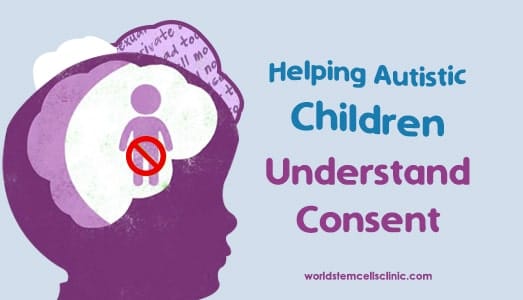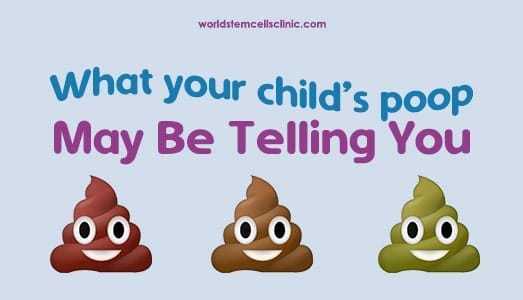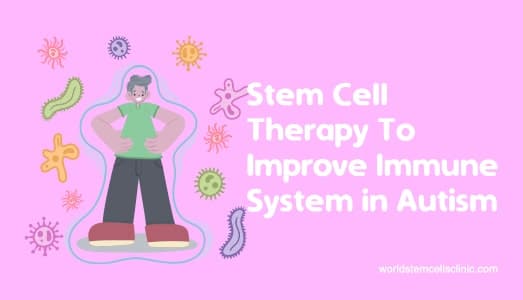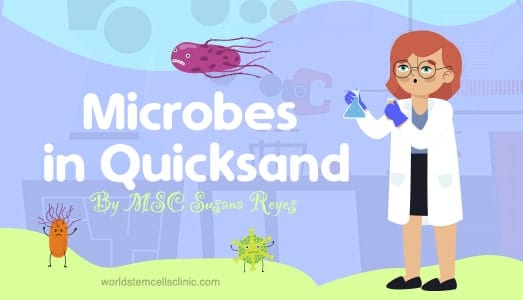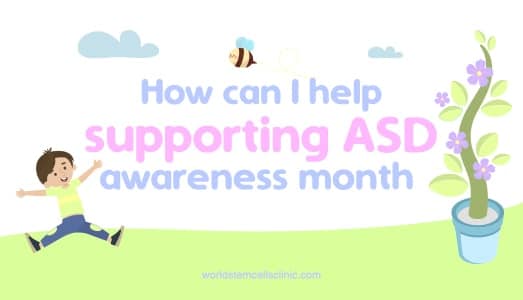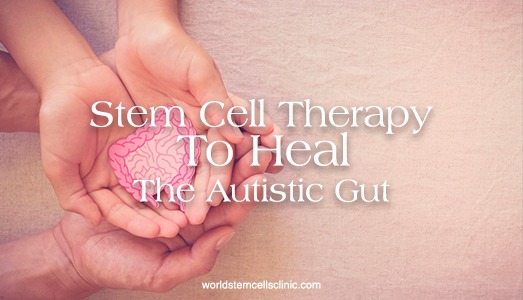Blog
Helping Autistic Children Understand Consent
By Michelle Ibarra |
Autistic children are much more likely to be victims of sexual assault. According to recent data “People with intellectual disabilities are the victims of sexual assault at a rate seven times higher than those without disabilities”. This is the very reason why we need to teach children in the spectrum how to protect themselves. We understand that this can be a conversation hard…
Read More Diarrhea and Constipation in Autism
By Michelle Ibarra |
For children in the spectrum, is well known that GI issues go hand to hand. Episodes of constipation and diarrhea can be normal for ASD children. Studies published by the Journal of Pediatrics estimate that “the odds of GI symptoms in children with ASD are four times more prevalent than for children without ASD.” Today…
Read More De-Escalation Strategies: Calming Strategies for Autism Meltdowns
By Michelle Ibarra |
Sometimes, when autistic children become extremely overwhelmed or they’re experiencing sensory overload, they have a meltdown where they lose control over their behaviors. These situations are stressful for everyone involved and potentially dangerous for both bystanders and your child. Knowing some de-escalation strategies will help you avoid a potential crisis. Understanding The Escalation Cycle …
Read More Healthy & Easy Foods Picky Eaters Will Actually Eat
By Michelle Ibarra |
What is the best food for autistic children? How can I manage to feed my son with sensory issues? These are the two questions that we get the most. For most parents on the spectrum, finding the right meals for picky eaters can be a challenge, however, it is possible to identify which new foods…
Read More Stem Cell Therapy For Immune System Improvement in Autism
By Michelle Ibarra |
The body’s immune system is the front-line defense against bacterial infections and viral invaders like Covid-19. However, in autism, the immune system is affected by a broad range of factors and conditions that may make it less than effective in fighting off attackers. Today we will analyze ways to achieve immune system improvement, including (of…
Read More Eating For Autism: Food Additives That Make Autism Worse
By Michelle Ibarra |
One of the biggest mistakes we see parents make when it comes to incorporating nutrition therapy into their children’s treatment program is jumping into advanced interventions instead of starting with the basics. In nutrition therapy, each step builds upon the previous one, becoming more advanced as you work your way through the program. The first…
Read More ASD and Gut Imbalance: Microbes in Quicksand By MSC Susana Reyes
By Michelle Ibarra |
Homo sapiens’ entities are the overwhelming minority in our bodies: there are 10 times more microbial cells than human cells. Across centuries, we’ve learned not only to coexist but to strive towards the goal of mutual survival. However, as microbial populations shuffle in type and population across different tissues of our bodies we are prone…
Read More The Top 6 Ways To Support Autism Awareness Month
By Michelle Ibarra |
Each year, on April 2, we commemorate World Autism Awareness Day, and during April Autism Awareness Month. The main goal is to raise awareness and to create inclusion, and acceptance. Why Should We Support Autism Awareness Month? Honoring Autism Awareness Month goes far beyond wearing a blue ribbon. There are many powerful reasons why we…
Read More Stem Cell Therapy To Heal Inflammation in Autism
By Michelle Ibarra |
Autism Spectrum Disorder affects 1 in 68 children in the United States. Although autism is known to primarily impact the brain, recent studies, have found that gastrointestinal (GI) issues seem to occur more often in individuals with ASD than in the rest of the population. One study found that children in the spectrum are up…
Read More Stem Cell Therapy To Heal The Autistic Gut
By Michelle Ibarra |
Autism Spectrum Disorder affects 1 in every 68 children in the United States. Although ASD primarily impacts the brain, children with autism are also highly affected by (GI) gastrointestinal issues that have a drastic effect on their behavior and even speech. According to recent studies, 9 out of 10 autistic children suffer from gastrointestinal issues…
Read More 
